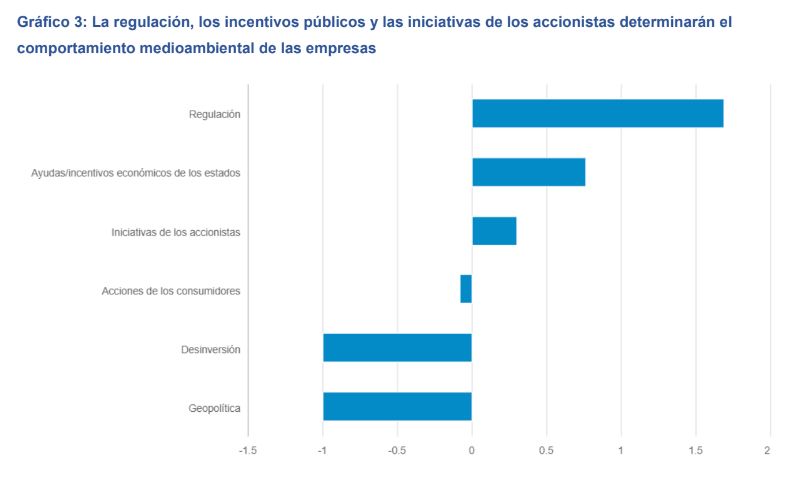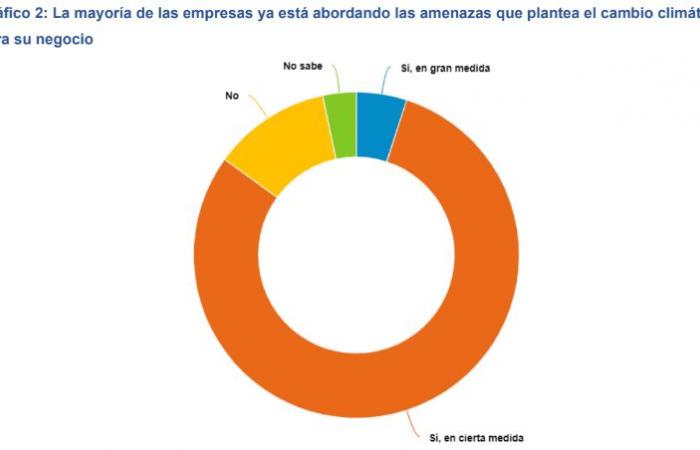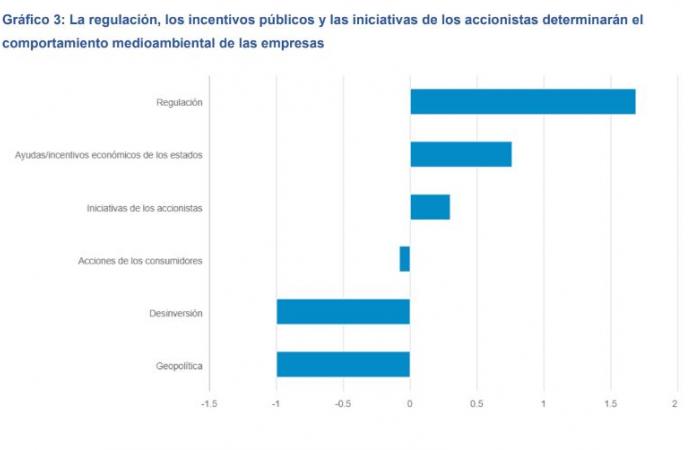The goal of net zero emissions is essential for the survival of our planet, but achieving it remains one of the most pressing challenges facing the world. An encouraging fact is that Fidelity’s annual ESG (environment, society and governance) analyst survey has concluded that companies remain open to dialogue with their audiences about how they can improve their sustainability effortsand are aware of the accelerated changes experienced by the physical, economic and regulatory environment.
Fidelity’s ESG analyst survey examines the opinions of its in-house analysts around the world, who synthesize analysis information from around 20,000 interactions with companies to detect key ESG trends in the business landscape.
Around the world, Fidelity analysts noted that, in In 68% of cases, the companies they cover have been receptive to their dialogue efforts over the last twelve months. Japanese companies were in the lead, with 89% of them willing to talk in the last year, followed by EMEA/Latin America (83%) and Asia-Pacific minus China and Japan (71%).
Companies are not moving towards net zero, but the risks are becoming reality. Only 43% of Fidelity analysts surveyed believe companies have a credible net zero emissions target by 2050 as currently outlined, underscoring the urgency to accelerate plans to achieve this goal.
However, heCompanies are becoming aware of the risks involved in not achieving objectives; Thus, 85% of Fidelity analysts believe that companies are addressing the threats that changes in climate and nature pose to their businesses.
Although it is clear from the survey that there is still a long way to go to reach net zero emissions, analysts identify three areas that are expected to lead to improvements in companies’ environmental practices: regulation, public aid and shareholder initiatives.

In the opinion of Jenn-Hui Tan, Chief Sustainability Officer at Fidelity InternationalWhile companies may be falling behind in their transition plans, there is growing awareness of the threats posed by a warming climate and deteriorating ecosystems, giving companies a clear incentive to keep communication open.
“Despite the willingness of companies to engage in dialogue, our survey highlights that much remains to be done and companies need ongoing support to achieve their net zero emissions goals. Regulation, public incentives and shareholder initiatives are key factors in creating an environment conducive to a successful transition of companies towards net zero, without losing sight that long-term decision-making requires careful study. of the trade-offs and limitations, both in financial and sustainability objectives, in an uncertain macroeconomic situation,” adds Tan.








